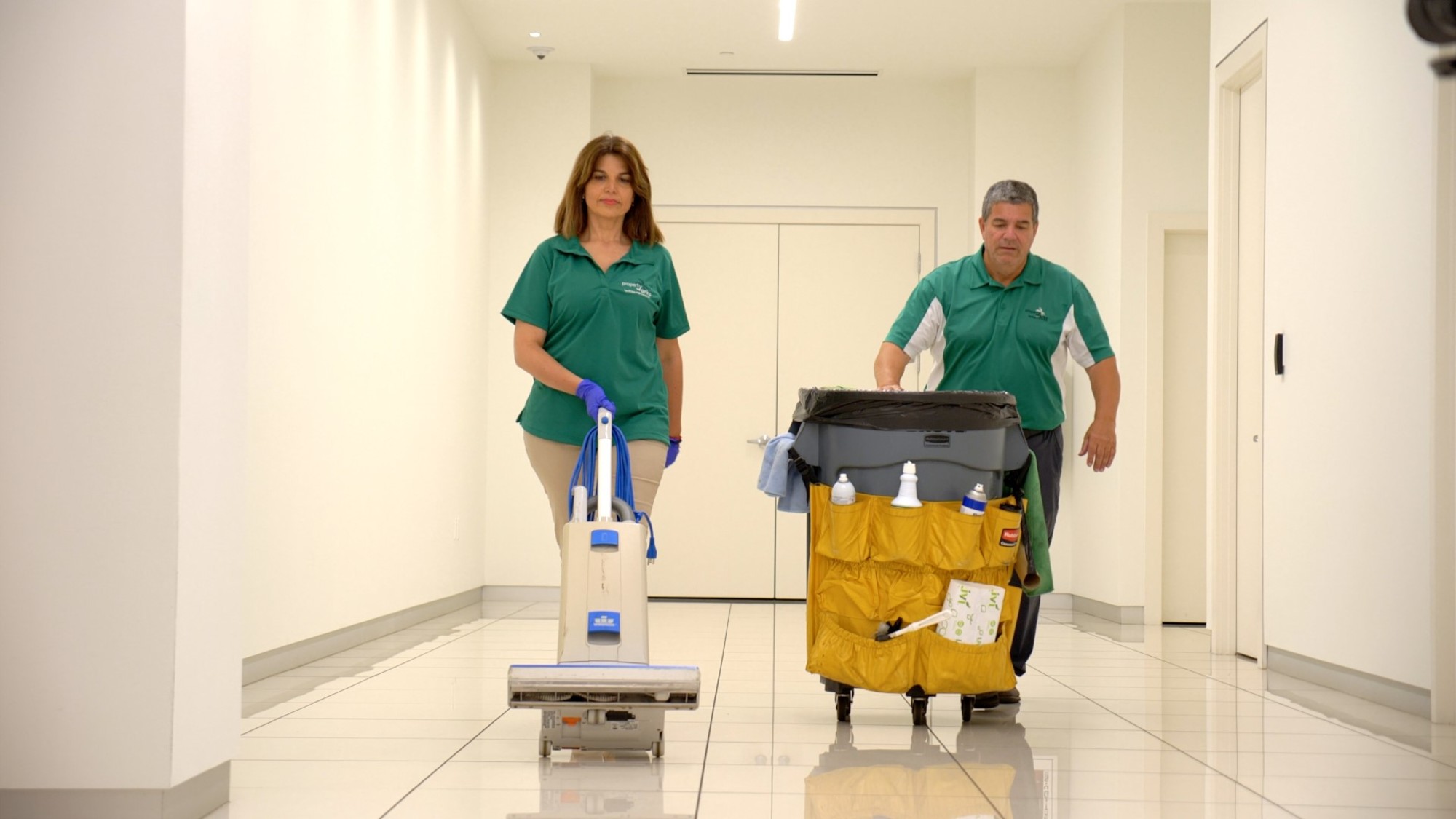Hospital Cleaning Job: What Training and Certifications Do You Need?
Cleaning in a medical environment isn’t just about appearance. It’s about stopping the spread of infections and protecting vulnerable patients. In this article, we’ll look at the essential training, optional certifications, and industry standards that define professional hospital cleaning. Whether you’re just starting or seeking advancement, understanding these requirements is key to building a successful career.
Why Training Matters in Hospital Cleaning
Unlike general cleaning roles, hospital cleaning demands a strong understanding of health regulations, safety procedures, and infection prevention strategies. A mistake—like using the wrong disinfectant or skipping a step—could have serious consequences for patient health.
This is why hospitals invest in training programs and often require certifications before or during employment. Formal training not only ensures quality but also shows that you’re serious about the role.

Common Onboarding Training Provided by Hospitals
Most hospitals provide structured training during your first days or weeks on the job. This may include:
-
Infection control basics – Understanding how pathogens spread and how to prevent cross-contamination
-
Proper use of PPE – Gloves, masks, gowns, and how to dispose of them safely
-
Chemical handling procedures – Knowing which disinfectants to use and how to dilute or apply them
-
Bloodborne pathogen safety – Following OSHA guidelines to avoid exposure risks
-
Room-specific protocols – Specialized cleaning methods for operating rooms, patient rooms, and isolation units
This initial training is usually mandatory and often includes written materials, video instruction, and supervised practice.
Recommended Certifications for Hospital Cleaning Staff
Although not always required, the following certifications are highly valued and may improve your chances of being hired, promoted, or trusted with specialized tasks:
🟢 OSHA Bloodborne Pathogens Certification
Covers procedures for safely handling potentially infectious materials.
🟢 AHE CHEST Certification (Certified Healthcare Environmental Services Technician)
Offered by the Association for the Health Care Environment, this course is designed specifically for hospital cleaners.
🟢 Infection Prevention and Control Training (IPAC or ISSA)
Provides deeper knowledge of how to break the chain of infection in healthcare environments.
🟢 Hazardous Waste Operations and Emergency Response (HAZWOPER)
Useful if your role involves handling biohazard waste or working in emergency zones.
🟢 HIPAA Awareness Training
Not always required, but important if your work takes you near patient records or personal information.
Where to Get Certified
Some certifications are offered directly by employers or hospital systems. Others can be obtained through:
-
Local community colleges or vocational training programs
-
Online platforms such as OSHA.com, ISSA, or APIC
-
In-person workshops provided by hospital associations or unions
Costs vary, but some hospitals will reimburse you or offer free training as part of career development.
The Value of Certification
Having formal certification shows:
-
You take your role seriously
-
You’re trained in safety, compliance, and best practices
-
You’re prepared to work in high-risk environments like surgery or isolation units
-
You’re committed to patient care, even behind the scenes
It can also help you qualify for better roles, like team lead or specialized cleaning technician.
Continuing Education and Skill Upgrades
Hospitals constantly update their protocols, especially after public health events like COVID-19. That’s why continuing education is often encouraged. This might include:
-
Annual refresher courses
-
New disinfectant handling training
-
Updates to PPE usage protocols
-
Emergency preparedness drills
Staying current makes you more adaptable, promotable, and trusted.
Conclusion
In hospital cleaning, the right training and certifications are more than paperwork—they are your frontline defense against infection and patient harm. By investing in proper training, you don’t just meet industry standards—you raise them.
Whether you’re entering the field or looking to grow in your role, the right qualifications can open doors, ensure safety, and make your work more meaningful every day.
Hot Articles



